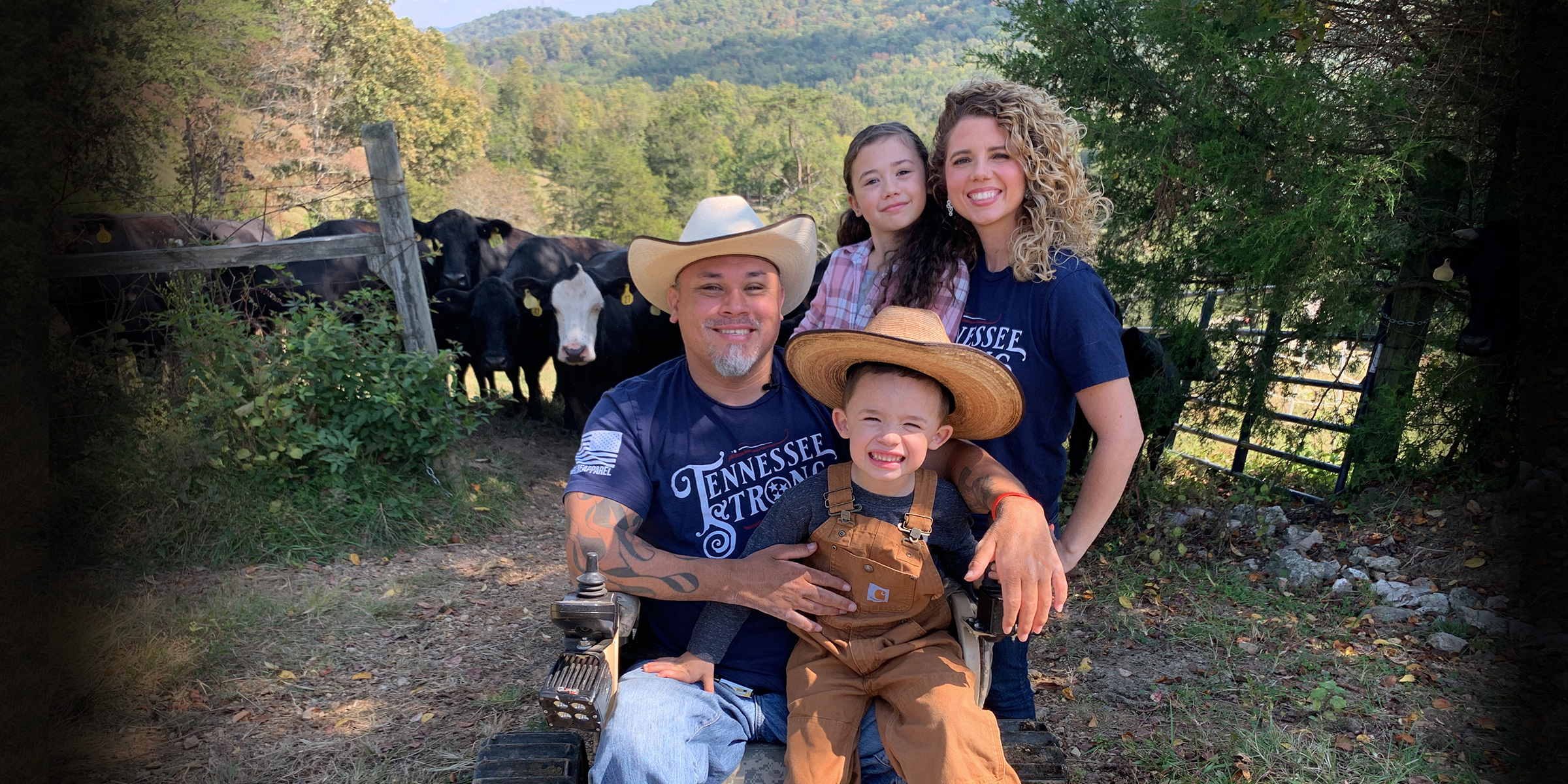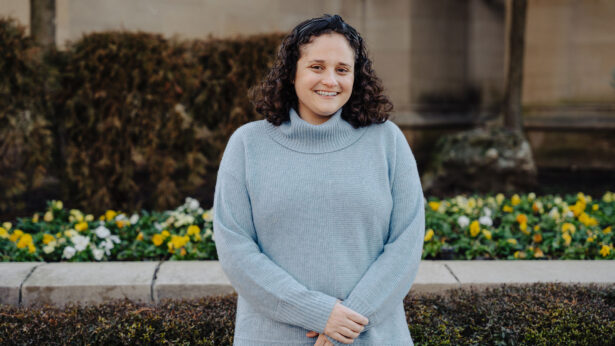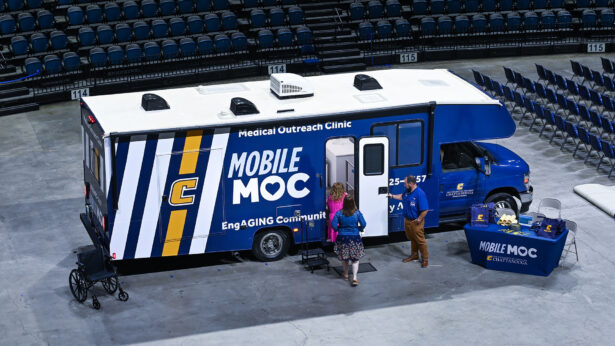By Patty McDaniels | Photos by David Yates and Lee Maddox
The world’s inhabitants have bid 2020 good riddance and are hopeful the new year will bring more settled times. They pray for the pandemic to fade away, for a return to normalcy for their families as they continue to grapple with new workplace situations and new expectations of how to divvy up work and home life.
Then there are farmers and ranchers.

For generations, their commute has been a simple walk out the back door to the barn. Facing the uncertainty of floods, droughts, freezes or crushing heat, in many ways they face 2020 every year as they battle nature to bring home enough income to sustain their family, land and way of life.
Many farmers are also veterans. Some farmers are combat-wounded, with visible or invisible wounds. Other farmers have been wounded while engaged in farming activities or through accidents of everyday life. Regardless, sometimes their commute is not so easy. Sometimes it involves a wheelchair or other assistive technology.
The Tennessee AgrAbility Project helps them all pursue economic independence through growing food and fiber while also nourishing their souls.
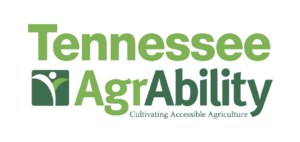
AgrAbility is a USDA-funded program represented in Tennessee by UT Extension, Tennessee State University Cooperative Extension and Tennessee Assistive Technology Centers. For the past 26 years, the Tennessee program has helped any farmer with a functional disability—including veteran farmers and beginning farmers—says Eileen Legault, a University of Tennessee Extension Tennessee AgrAbility specialist.
“A lot of veterans and beginning farmers did not grow up in Tennessee or on the farm, so they do not know about all the available Extension services offered or the resources within the state,” Legault says. “AgrAbility is a point of contact for helping farmers with disabilities find the assistive technology—like tractor lifts—or other resources they need.”
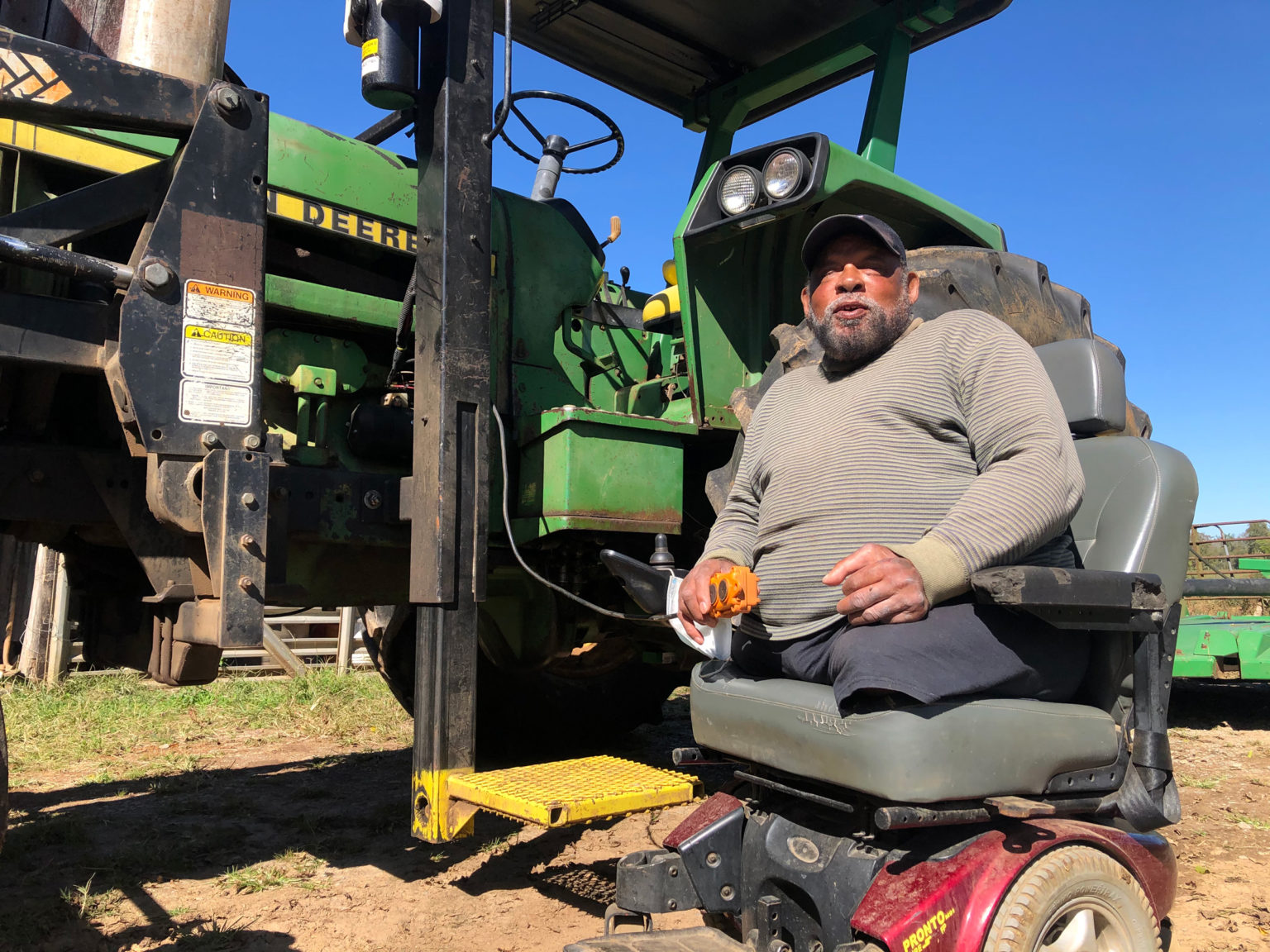
Photo by Lee Maddox
Legault works throughout East Tennessee, and together with Joetta T. White (Knoxville ’95), who is located in West Tennessee at the UT Extension Gibson County Office, the two serve clients throughout the state. Extension offices, available in every county in the state, are additional sources for referrals for AgrAbility.
In 2020, a coalition of Tennessee veterans formed to help themselves and other veterans who farm or who want to give the occupation a try. The Tennessee Farmer Veteran Coalition (FVC) was recognized as an official chapter of the national FVC, a nonprofit that helps veterans pursue careers in agriculture. Headquartered in Davis, California, FVC represents a network of more than 20,000 veterans nationwide.
“When soldiers return from overseas or a tour of duty, whether combat or noncombat, it can be difficult finding the relationships or available resources needed to farm,” says Legault. “Some have issues that prevent them from being successful in a regular 9-to-5 job.”
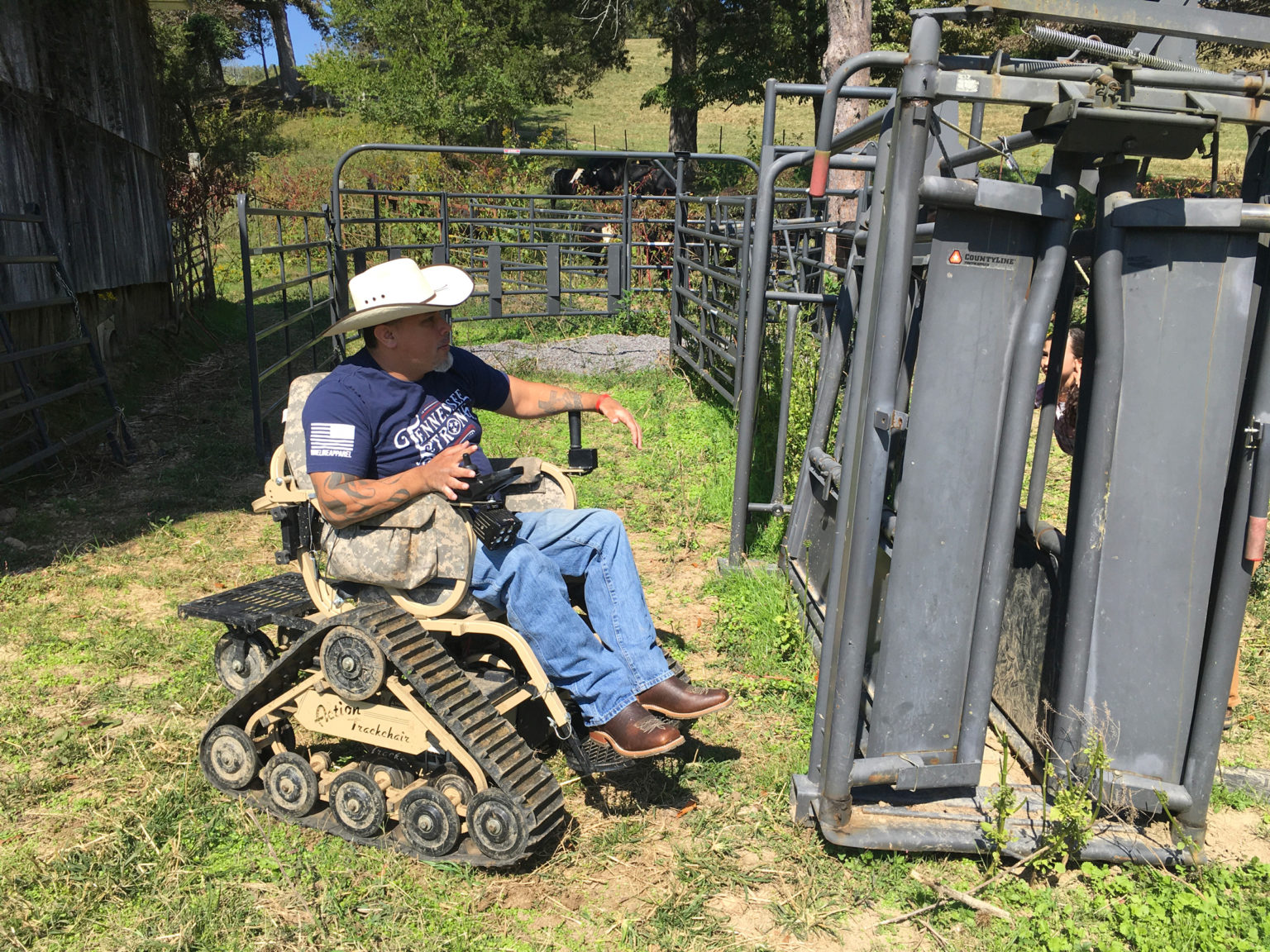
The national FVC can help with small grants. Legault was awarded the first Distinguished Service Award from the Tennessee Farmer Veteran Coalition for the many hours she dedicated (along with partners, she notes) to the Tennessee FVC as it worked to become an official chapter. The Tennessee FVC already boasts more than 1,000 members.
Among them is Dameon Berry from Union County, Tennessee. Berry is a third-generation cattle farmer, a U.S. Army veteran and dog trainer. Tennessee AgrAbility helped him with assistive technology to be more independent around his farm after a motorcycle accident left him unable to walk.
“AgrAbility opened a lot of doors. I didn’t know there was so much assistance out there for farmers with disabilities and assistance for people without disabilities,” he says. “I would recommend everyone go to your local Ag Extension office for any type of farm assistance.”
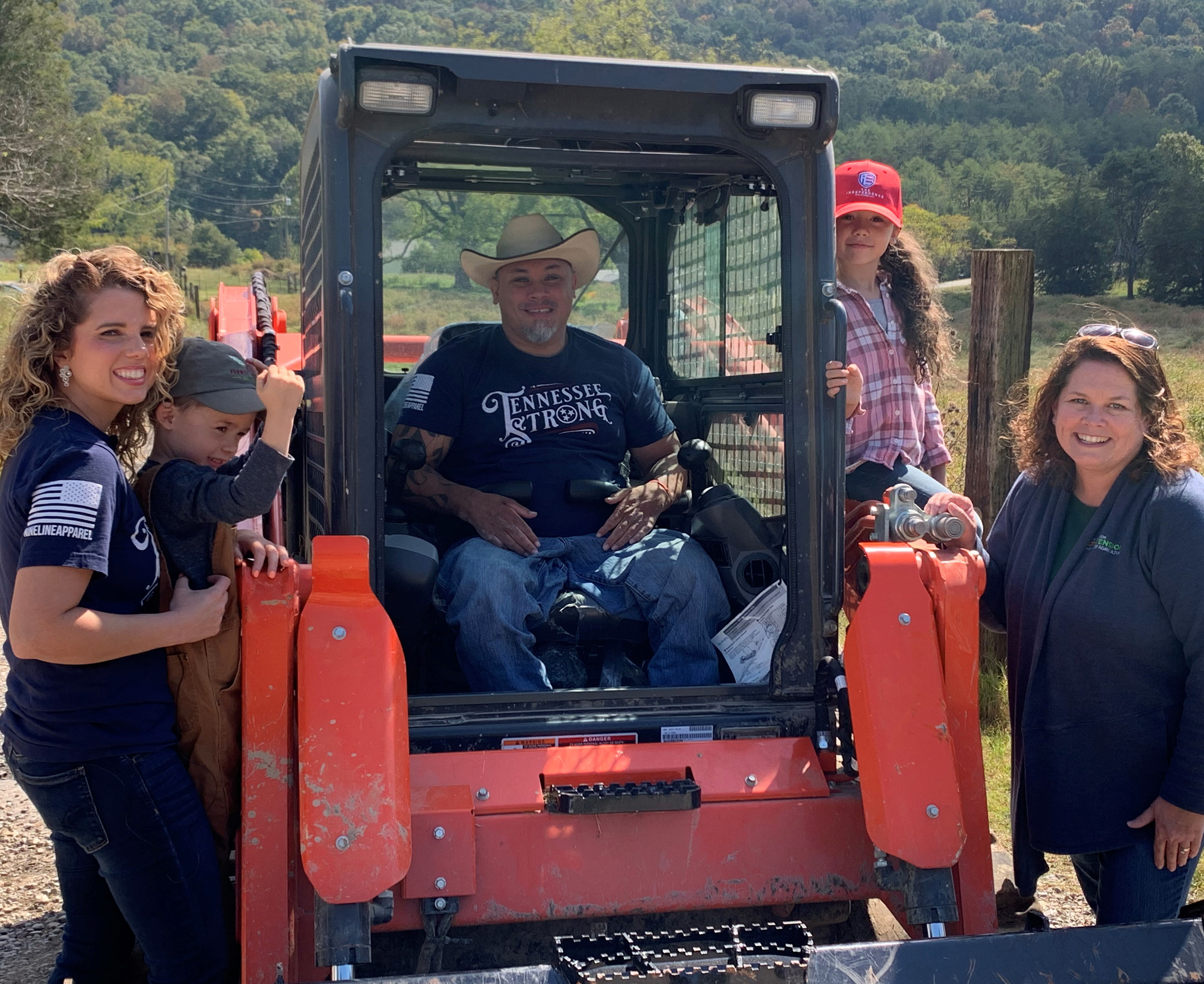
Photo by David Yates
Legault adds that AgrAbility recommended the Trackchair and Track Loader that Berry uses to assist with his mobility, then FVC enabled a $500 discount toward the cost of the Track Loader. The Action Trackchair was generously donated by the Independence Fund.
Dameon says, “It was a game changer.” His wife, Jamie, says, “It is a lot of little things that all add up. For example, the cattle system that AgrAbility recommended was funded by the FVC Fellowship fund. I was pretty happy before when Dameon got outside in his normal wheelchair, but now he’s farming. He’s checking cattle, he’s fixing fence, he can clear out the pond. It’s given him a whole new lease on life.”
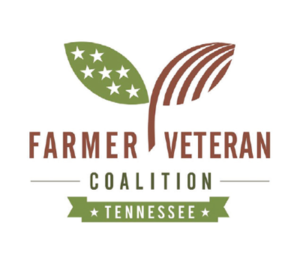
Of course, for those facing disabilities, attitude can win the day.
“It’s good to have hope, but don’t let hope cripple you. I don’t just hope something is better for me,” Dameon says. “You have to make things happen for yourself.”
Long before farmer veterans were part of Tennessee AgrAbility, organizers focused on assisting those who sustained injuries that prevented them from farming— sometimes injuries that occurred while they were working their land or livestock.
Early efforts were led by Tim Prather, UT Extension biosystems engineer and safety specialist, who worked for more than 25 years with the project prior to his retirement in December 2019.
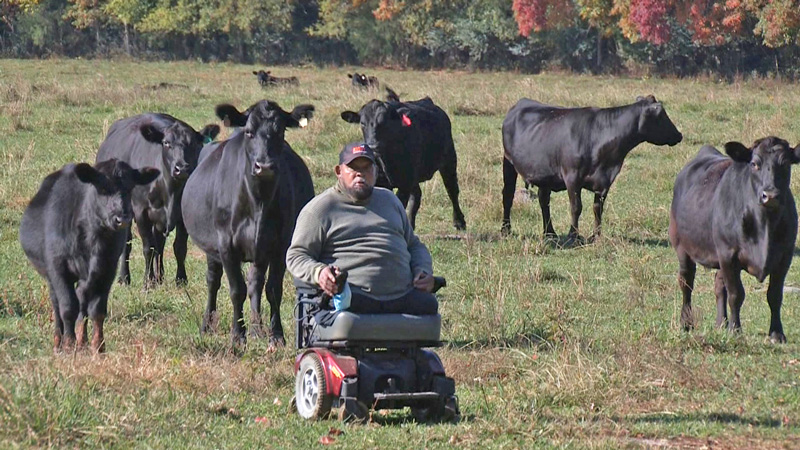
Photo by Lee Maddox
Frank Beard, of Rutherford County, Tennessee, is one of the long-time beneficiaries of the program. In 1982, Beard was working on his tractor in his cornfield when his jeans got caught in a power implement that chewed up his legs. He didn’t give up on farming. Amidst his struggles to maintain his lifestyle, he met White with UT Extension. Through White’s efforts, Tennessee AgrAbility helped Beard get funding to get back on the tractor with a tractor platform lift, bought with assistance from the Tennessee Division of Rehabilitation Services/Vocational Rehabilitation.
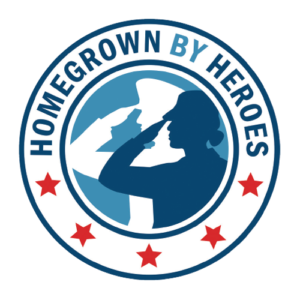
Other partners have helped Tennessee AgrAbility over the years, too. For farmer veterans, the Tennessee Department of Agriculture has partnered with the Pick Tennessee Products and the national brand FVC/Homegrown by Heroes (HBH) since 2016. Products featuring the HBH logo are produced by military veterans. Look for the Pick TN Products/HBH logo at farmers’ markets.
Tennessee AgrAbility helps Beard continue to live by his motto, “I believe in working.” He’s still working cattle today.
“Mr. Frank is pretty special to me,” says White. “I helped install his first tractor lift in January of 2000.” The pair have kept in touch, with White helping to ensure that Beard can maintain his livelihood.
The Extension specialist explains that these human connections are what make AgrAbility special. “When they have a disability due to an accident or illness, we don’t want them to have to give up their lifestyle and something that they love.”

